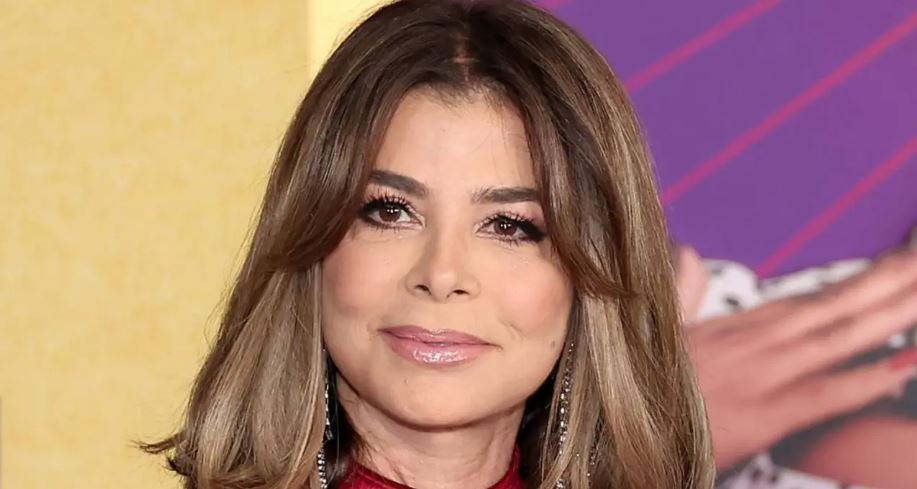In a recent development in the entertainment industry, Paula Abdul, renowned singer, dancer, and former judge on “American Idol,” has settled her sexual assault lawsuit against Nigel Lythgoe, a prominent producer behind both “American Idol” and “So You Think You Can Dance.” This resolution marks the end of a legal battle that has captured public attention, highlighting workplace harassment issues in Hollywood.
Abdul’s attorneys notified the court on Thursday that the case had been resolved. Terms were not disclosed.
The Allegations: Paula Abdul
Abdul’s lawsuit against Lythgoe detailed two alleged instances of sexual assault. The first incident reportedly occurred during the early seasons of “American Idol,” around 2002, when Abdul was a judge on the show. According to the complaint, Lythgoe allegedly assaulted her in an elevator of a hotel where they were staying for regional auditions. Abdul claimed that Lythgoe shoved her against the wall, groped her, and forced an unwanted kiss, which she managed to escape from when the elevator doors opened. In tears, she called her representatives but chose not to pursue legal action at the time due to fears of professional repercussions.
The second incident Abdul recounted happened in 2015 after she had transitioned to being a judge on “So You Think You Can Dance.” She alleged that Lythgoe invited her over under the guise of a professional dinner at his home, where he then attempted another assault by forcing himself on her on a couch. Again, Abdul managed to fend him off and leave but remained silent out of fear of industry backlash.
The Legal Battle:
Abdul filed her lawsuit in December 2023, just days before the deadline set by California’s Sexual Abuse and Cover-Up Accountability Act, which allowed victims to file lawsuits for claims that would otherwise be barred by the statute of limitations. This act was pivotal for Abdul, as it provided her with the legal avenue to bring her allegations to light.
Following the filing, Lythgoe vehemently denied the accusations, labeling them as “false” and “deeply offensive.” He claimed a long-standing platonic friendship with Abdul and hinted at her “history of erratic behavior,” suggesting her claims lacked credibility. This response sparked a public debate about victim shaming and the challenges survivors face when coming forward years after the alleged incidents.
The case took several turns with Lythgoe attempting to have the lawsuit dismissed, arguing that Abdul’s behavior post-incident contradicted her allegations. However, Abdul’s legal team countered with evidence, including texts from Lythgoe that they argued demonstrated his inappropriate conduct. The legal back-and-forth included amended complaints from Abdul, adding details of further alleged misconduct, including witnessing Lythgoe assaulting an assistant on another occasion.
The Settlement:
On December 13, 2024, Paula Abdul announced that she had settled the lawsuit with Lythgoe. The settlement was described as “unconditional” but the terms were not disclosed publicly. In her statement, Abdul expressed gratitude for closing this chapter of her life, emphasizing the ordeal’s impact and her hope that her experience would inspire other women facing similar struggles.
“I am grateful that this chapter has successfully come to a close and is now something I can now put behind me,” Abdul stated. She further elaborated on her journey, calling it a “long and hard-fought personal battle” and highlighting her desire to move forward with dignity and respect.
This settlement brings to light the ongoing issues of sexual harassment in the entertainment industry, particularly the power dynamics that can make it difficult for individuals to report abuses. It also underscores the importance of legal reforms like California’s Sexual Abuse and Cover-Up Accountability Act, which provide survivors with a window to seek justice even after many years have passed.
The resolution of this case does not end the conversation about workplace harassment but rather adds to the growing narrative of how survivors navigate the complex terrain of public disclosure, legal battles, and personal healing. Abdul’s case, while settled, remains a poignant reminder of the challenges and courage required to confront powerful figures in any industry.
While the details of the settlement remain confidential, the public discourse around Paula Abdul’s lawsuit against Nigel Lythgoe has reignited discussions on accountability, survivor support, and workplace safety in Hollywood. This case may encourage more people to come forward, fostering an environment where such allegations are taken seriously and addressed with the gravity they deserve.



